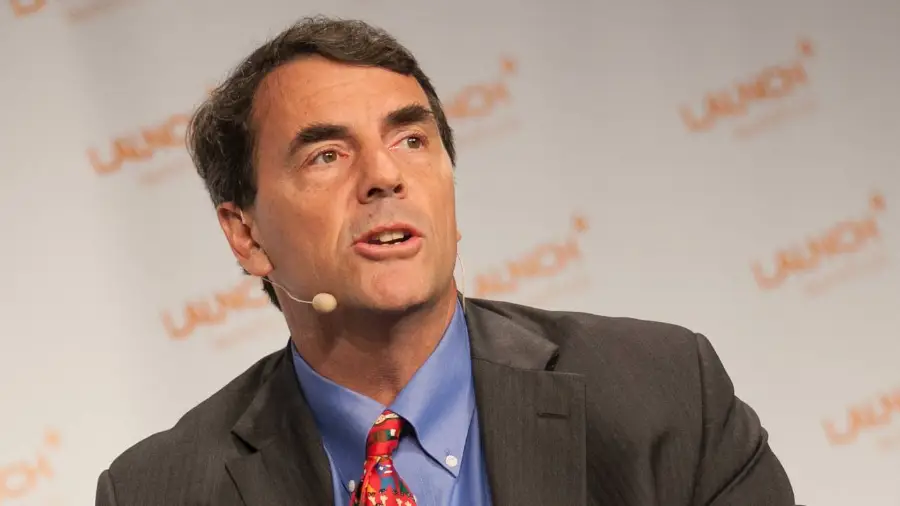The chief economist at Itaú Unibanco, Mario Mesquita, said that signs of a relevant slowdown in global activity ahead are a worrying element for the Brazilian economy.
He participates in the second quarter edition of Macro em Pauta, organized by the bank this Tuesday (12).
“What lies ahead for the global economy is a recession, or slowdown, typical of the post-Second World War period,” Mesquita said.
Itaú expects growth of 2.9% in the world’s Gross Domestic Product (GDP) in 2022, but the economist warns that the projection bias is downwards, due to the synchronized monetary tightening in the world.
In the United States, the economist expects the Federal Reserve (Fed, the country’s central bank) to raise interest rates at least once more by 0.75 percentage point and bring the rate to the range of 4.0%-4.25% at the end of the cycle.
Faced with inflationary pressures in the country, Mesquita considers that the rate should be maintained at this level for a long period. Even so, high savings in the US make the country more likely to experience a slowdown in activity than a recession.
For Mesquita, the recent drop in the margin of commodity prices suggests that the expected slowdown in global activity ahead is negatively impacting goods, which reduces the risk of global stagflation.
“The slowdown in activity reduces the inflationary risk”, he ponders.
The performance of Brazilian economic activity indicators has exceeded expectations in the second quarter, said the chief economist at Itaú Unibanco.
“Maybe there is an upward bias for this number”, acknowledged Mesquita, referring to the bank’s projection for the growth of the Gross Domestic Product (GDP) of 2022, of 2.0%.
The 0.9% increase in the volume of services released today by the Brazilian Institute of Geography and Statistics (IBGE) reinforces the perception of stronger activity, said Mesquita.
For the economist, the result – which surpassed the research median Broadcast projectionsof 0.2% – also suggests an upward bias for the second quarter GDP growth projection, of 0.8%.
Despite the stronger behavior, Mesquita noted that the monetary tightening conducted by the Central Bank (BC) should lead to a slowdown in activity in the second half of the year. According to the analyst, the Selic rate only reached a contractionary level at the turn of the year, which suggests that most of the impacts of the interest rate hike have yet to materialize.
In the same vein, the job market has been stronger than expected, with a sharp drop in unemployment, but the trend is for some increase in the unemployment rate ahead, to the level of 10.5% at the end of the year. . For Mesquita, the labor reform or the drop in wages may explain part of the recovery in employment observed throughout this year.
Fees
The Central Bank (BC) is now facing the most difficult period of its monetary tightening cycle, considering the size of the interest rate hike already delivered and the lag of its effects on activity and inflation, assesses Mario Mesquita.
“This is the most difficult period of the cycle for the Central Bank, the one in which it has already made an important effort, but the lags mean that you still don’t see the gains in terms of falling inflation very clearly”, said Mesquita. “There’s a lot of monetary tightening done here that hasn’t hit yet, there’s a lot of global tightening that hasn’t hit yet.”
According to the economist, the bank’s base-case scenario remains that the BC should raise interest rates by another 0.5 percentage point in August, to the level of 13.75%, and at least “pause” the cycle to observe the scenario and risks of a global slowdown or recession. According to Itaú’s estimates, monetary policy only became contractionary at the turn of the year and, therefore, its effects should be felt later on.
Despite the proximity of the elections, Mesquita considered that this process should not be an impediment to the action of the BC, if the municipality considers that a continuity of the cycle is necessary. “I think BC has to do its job,” he said. “If he starts looking at other variables, life becomes impossible.”
The bank’s projections indicate an IPCA of 7.2% this year and 5.6% next year, above the target ceiling (4.75%). According to Mesquita, it is already possible to see a drop in commodity prices in reais at the margin, which should help with disinflation in the country. However, the trend is for these prices to stabilize at a level that is still favorable for exporters.
primary deficit
Mario Mesquita reiterated the bank’s projections for Brazil’s primary deficit in 2022 and 2023 of 0.4% and 1.5% of Gross Domestic Product (GDP), respectively. The scenario, according to Mesquita, already considers that some fiscal measures adopted this year will be “perennial” and will impose costs ahead.
“If the PLP 18 is perpetuated, the PIS/Cofins returns and the PEC 01 is also perpetuated, we project this deficit of 1.5%, with a debt/GDP ratio of 83.5%”, said Mesquita. In an alternative scenario, without the implementation of PLP 18 and with the return of PIS/Cofins collection and the end of PEC 01 in 2022, the 2023 primary result would be close to 0% of GDP and the public debt, around 82% of GDP.
Despite the fiscal framework weakened by these measures, Mesquita considered that the decision to cut taxes is technically superior to other changes that could have been made with the aim of containing inflation, such as an attempt to freeze prices or change the pricing policy. from Petrobras.
“This type of tax reduction, while preserving Petrobras’ pricing policy, I think is a better way of dealing with this energy emergency that we are experiencing than changing the company’s pricing policy. Even more so because the company has many shareholders that are not in the government, it has private shareholders. From the point of view of economic management and governance, it is a superior measure to price control”, he said.
Source: CNN Brasil
I am Sophia william, author of World Stock Market. I have a degree in journalism from the University of Missouri and I have worked as a reporter for several news websites. I have a passion for writing and informing people about the latest news and events happening in the world. I strive to be accurate and unbiased in my reporting, and I hope to provide readers with valuable information that they can use to make informed decisions.







